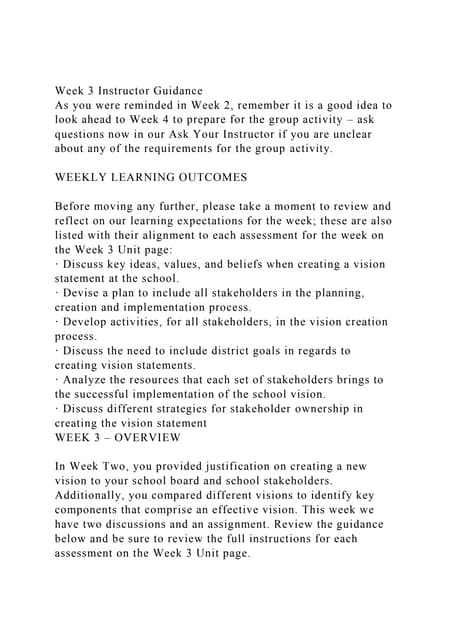The Mrs Always Forgets What We Have To Do In The Week And Doesn T

The Mrs Always Forgets What We Have To Do In The Week And Doesn T Generally speaking, it is considered proper etiquette to use mrs. to refer to married women, miss to refer to unmarried women and young girls, and ms. to refer to a woman of unknown marital status or when marital status is irrelevant. Mrs. originated as a contraction of the honorific mistress (the feminine of mister or master) which was originally applied to both married and unmarried women in the upper class. writers who used mrs for unmarried women include daniel defoe, samuel richardson, henry fielding, and samuel johnson.

Solved Mrs Chegg Ms. is a general title that does not indicate marital status but is still feminine. mrs. is a traditional title used for a married woman. miss is a traditional title used for an unmarried woman. mx. is a title that indicates neither marital status nor gender. The plural of mrs. is mmes., a shortening of the french plural mesdames. english borrowed the french plural for this honorific after adopting messrs. for the plural of mr. Mrs. or ms., followed by the woman’s surname, would be a better choice in a letter or e mail. if a woman has another title, like dr., always use it unless specifically instructed otherwise, especially in professional contexts. The titles “ms.,” “mrs.,” and “miss” are honorifics used before a woman’s name. they help specify her marital status, social position, or personal preference.

The Week S Best Stories You May Have Missed Mrs. or ms., followed by the woman’s surname, would be a better choice in a letter or e mail. if a woman has another title, like dr., always use it unless specifically instructed otherwise, especially in professional contexts. The titles “ms.,” “mrs.,” and “miss” are honorifics used before a woman’s name. they help specify her marital status, social position, or personal preference. Mrs. is a title used for a married woman. the more neutral title ms. can be used instead for a woman whose marital status is unknown or irrelevant or who expresses a preference for this mode of address. “mrs.” is used for a woman who is married or is a widow. it’s short for “missus.” in the past, it would have been common to see this title used before the woman’s husband’s first and last name (e.g., if jill married joe smith, jill might be called “mrs. joe smith”). Understanding when to use mr., mrs., ms., and miss is important for formal communication, business emails, and everyday interactions. in this article, we will explain the differences between these titles, how to use them correctly, and provide examples to help you understand them better. “ms.” is a portmanteau of the words “miss” and “missus.” because it's an abbreviation that combines these two words, “ms.” doesn’t have a full form of its own. as well as being used for married women, some widowed or divorced women still refer to themselves as “mrs.”.

Week 3 Instructor Guidanceas You Were Reminded In Week 2 Rememb Docx Mrs. is a title used for a married woman. the more neutral title ms. can be used instead for a woman whose marital status is unknown or irrelevant or who expresses a preference for this mode of address. “mrs.” is used for a woman who is married or is a widow. it’s short for “missus.” in the past, it would have been common to see this title used before the woman’s husband’s first and last name (e.g., if jill married joe smith, jill might be called “mrs. joe smith”). Understanding when to use mr., mrs., ms., and miss is important for formal communication, business emails, and everyday interactions. in this article, we will explain the differences between these titles, how to use them correctly, and provide examples to help you understand them better. “ms.” is a portmanteau of the words “miss” and “missus.” because it's an abbreviation that combines these two words, “ms.” doesn’t have a full form of its own. as well as being used for married women, some widowed or divorced women still refer to themselves as “mrs.”.

Why Most Of What You Say Is Forgotten Within A Week And 10 Timesavers Understanding when to use mr., mrs., ms., and miss is important for formal communication, business emails, and everyday interactions. in this article, we will explain the differences between these titles, how to use them correctly, and provide examples to help you understand them better. “ms.” is a portmanteau of the words “miss” and “missus.” because it's an abbreviation that combines these two words, “ms.” doesn’t have a full form of its own. as well as being used for married women, some widowed or divorced women still refer to themselves as “mrs.”.
Comments are closed.